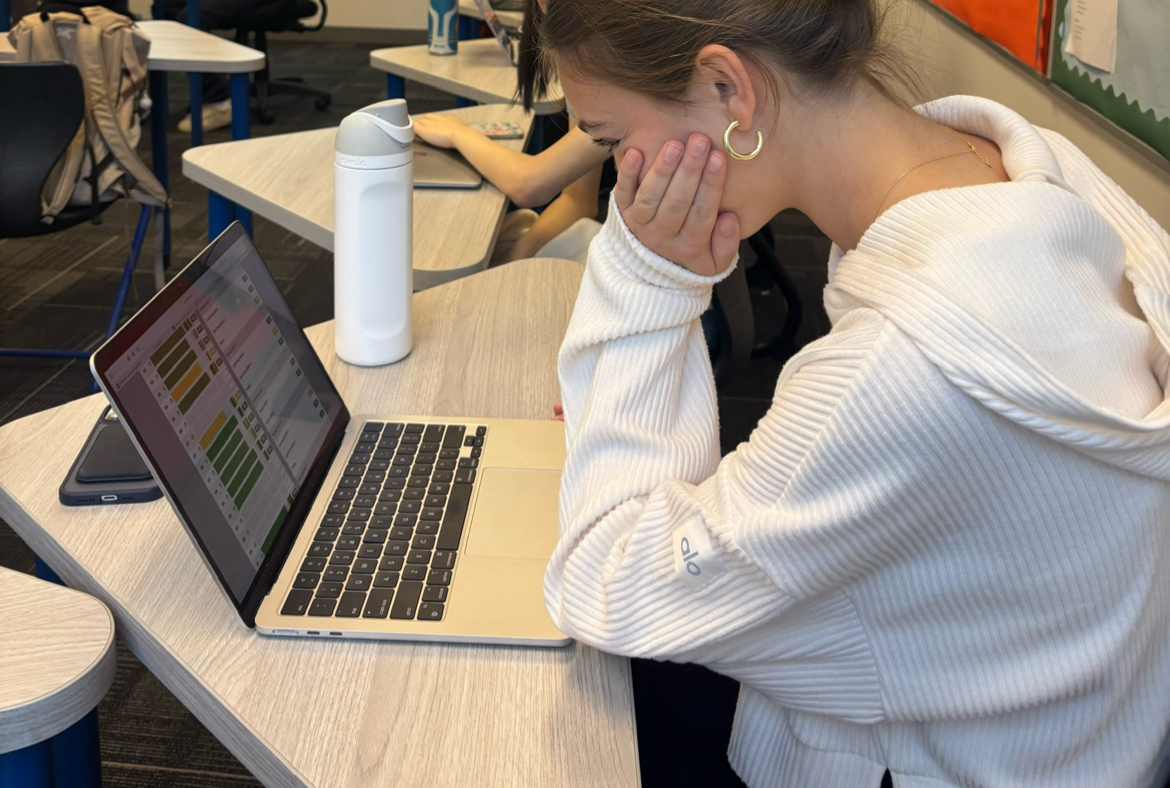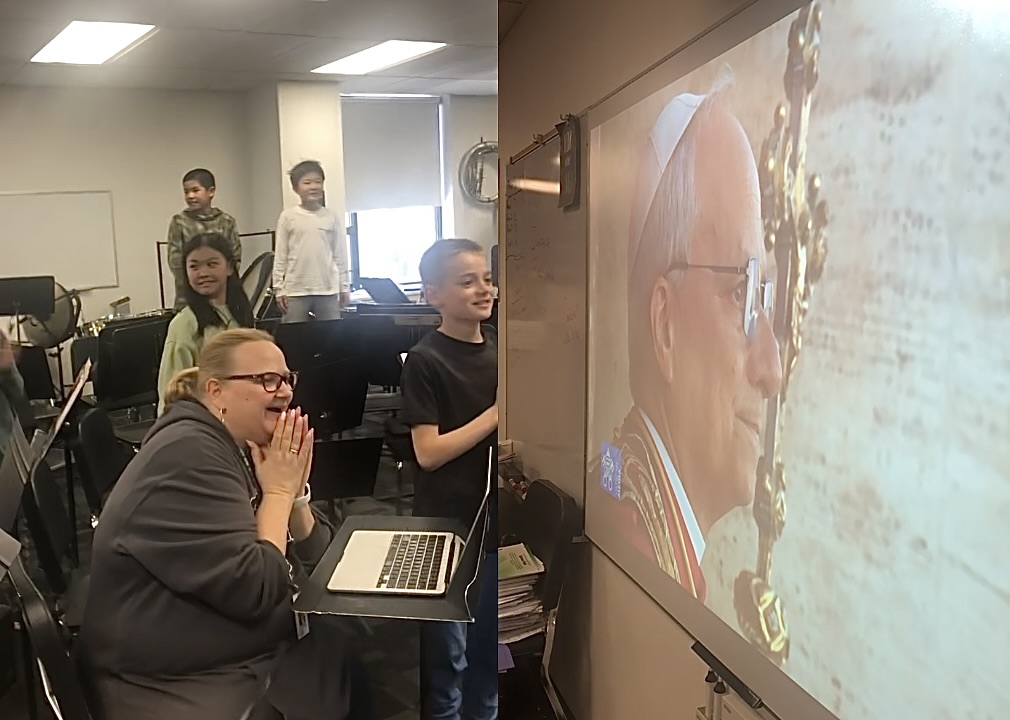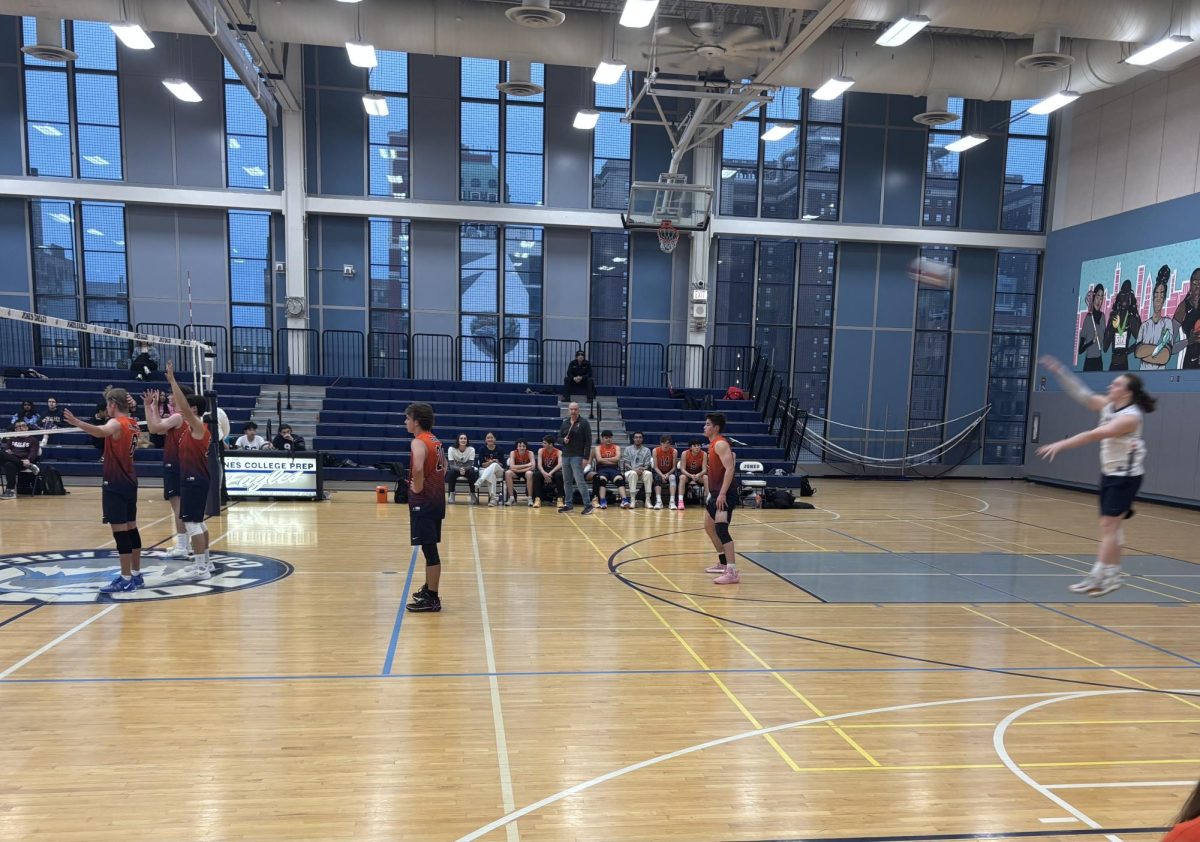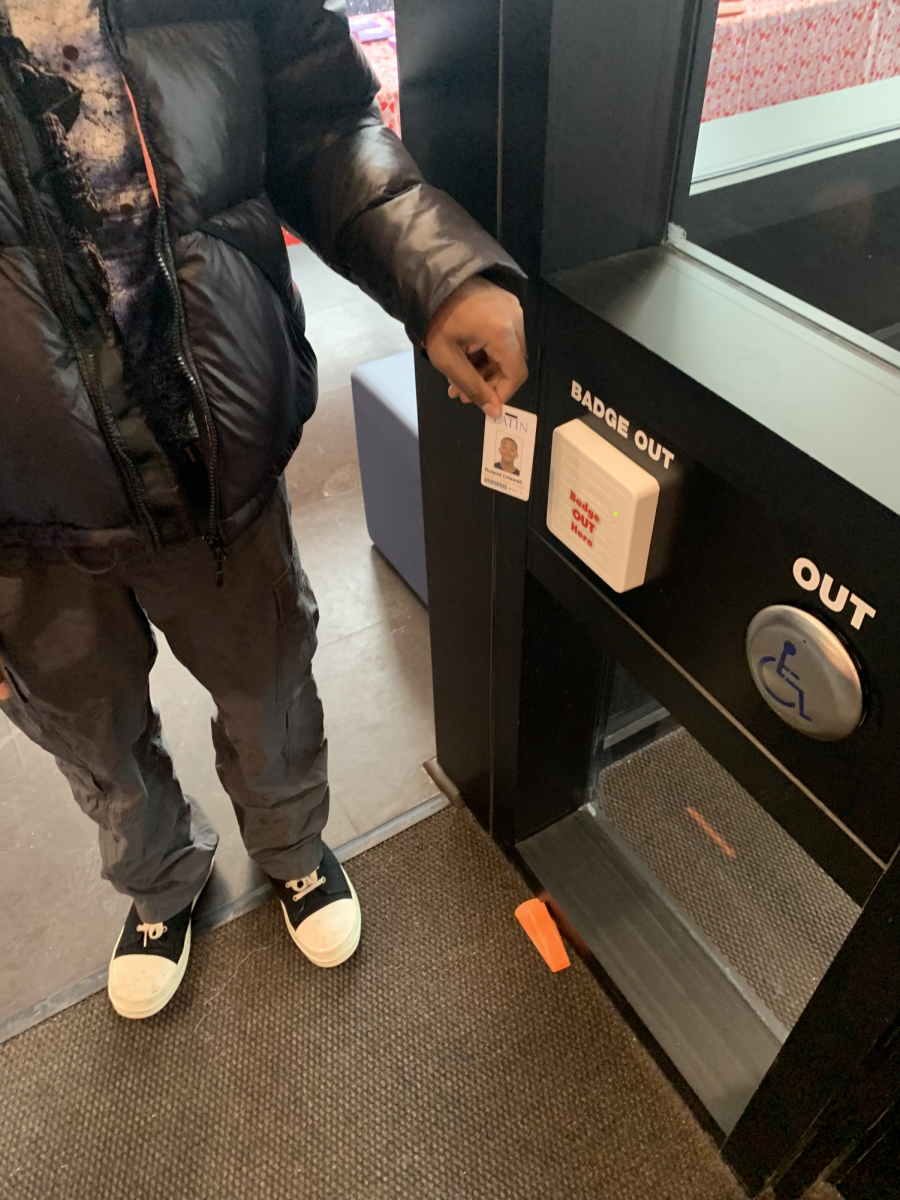Cameron Cozzi At Latin, there is a collaborative learning element incorporated into almost every class — whether it be group work in math or an in-class discussion in English. Because of the fact that Latin has strayed away from lecture-style classes and moved into a more progressive style of teaching, students have the opportunity to participate throughout the class as well as expand their ideas based off of the ideas of their classmates. This style of learning can be rewarding for students who enjoy talking during class, however, one may wonder how our participation-based classes affect quieter, less participation-oriented students. Senior Alex Dent, who is focusing her senior project on introverts at Latin, explains that “this topic is really relevant at Latin because Latin likes to be on the cutting edge of education and in recent years, many high schools and universities have been leaning towards more extroverted education tactics.” Alex then explained that “[she doesn’t] think this type of innovation in the education system is bad, per se, because the focus is shifting toward student engagement,” but notes “if schools only value extroverted behavior, it can make introverts feel like their personality and entire way of thinking is wrong.” In Alex’s opinion, the way that Latin caters to extroverted students can make more introverted students feel “devalued and made to feel uncomfortable,” while extroverted students aren’t “challenged to be aware of themselves”. Alex notes that both introverted and extroverted students are able to contribute to the class is their own ways, and thus being accommodating of both types of learners is imperative if you want a successful classroom environment. But, given that Latin already caters more to extroverted learners, Alex believes that it’s important that we focus on helping those quieter members of our classes because “without a fair weighing out of both in the classroom, the entire learning environment suffers.” For English teacher Mr. Tempone, configuring his class to be accommodating to all types of learners is of his main focuses. Mr. Tempone explained that, “It’s taken me over twenty years, but I’ve kind of figured out that participation can come in many forms.” For Mr. Tempone, the beginning of his teaching career meant a very standard view of class participation, which he explains has been modified greatly over time. “When I first started teaching middle school in 1995, I prided myself on keeping a chart for class participation. It rewarded only the students who spoke up, so students who were either quiet, or who weren’t called on, were at a disadvantage.” Mr. Tempone also noted that in the school he was teaching in, he had “class sizes between 25 and 30, so it was difficult to get everyone involved.” Mr. Tempone described that, in more recent years, he has really focused on making his classroom accommodating for all types of learners. He has “tried to create different systems of assessment in [his] classroom, where students would still be rewarded for speaking, but would also be assessed on their ability to defer to others–to be quiet, in other words.” Mr. Tempone, who teaches both sophomores and juniors, explains “In my junior English class, for example, one of the students has always appeared to be reserved and quiet, but I also understood that she was attentive in class. I asked myself: ‘Isn’t that class participation?’ The answer is yes, of course, but I needed something measurable other than guessing whether or not she was engaged or attentive.” For Mr. Tempone, having a quieter student in the class meant that he had to be more thoughtful and creative when grading her on class-participation, so Mr. Tempone decided to work with this student in order to find a system that worked for her learning style. Mr. Tempone then explained that, for this student, class participation meant taking notes on Google Drive for the class. Yet despite the evolution of Mr. Tempone’s understanding, he made sure to note that he, along with other teachers at Latin, are still modifying the ways in which they grade quieter students in the class-participation category. “Part of the reason I still love being a teacher twenty-two years later is that I’m in constant pursuit of improvement. I’m sure I’ll try something new next school year in an attempt to be better.”]]>
Categories:
Being Quiet in the Classroom
June 1, 2017

1
0
More to Discover






















































gschmadeke • Jun 1, 2017 at 9:44 pm
Thank you for helping us begin this important conversation at Latin!